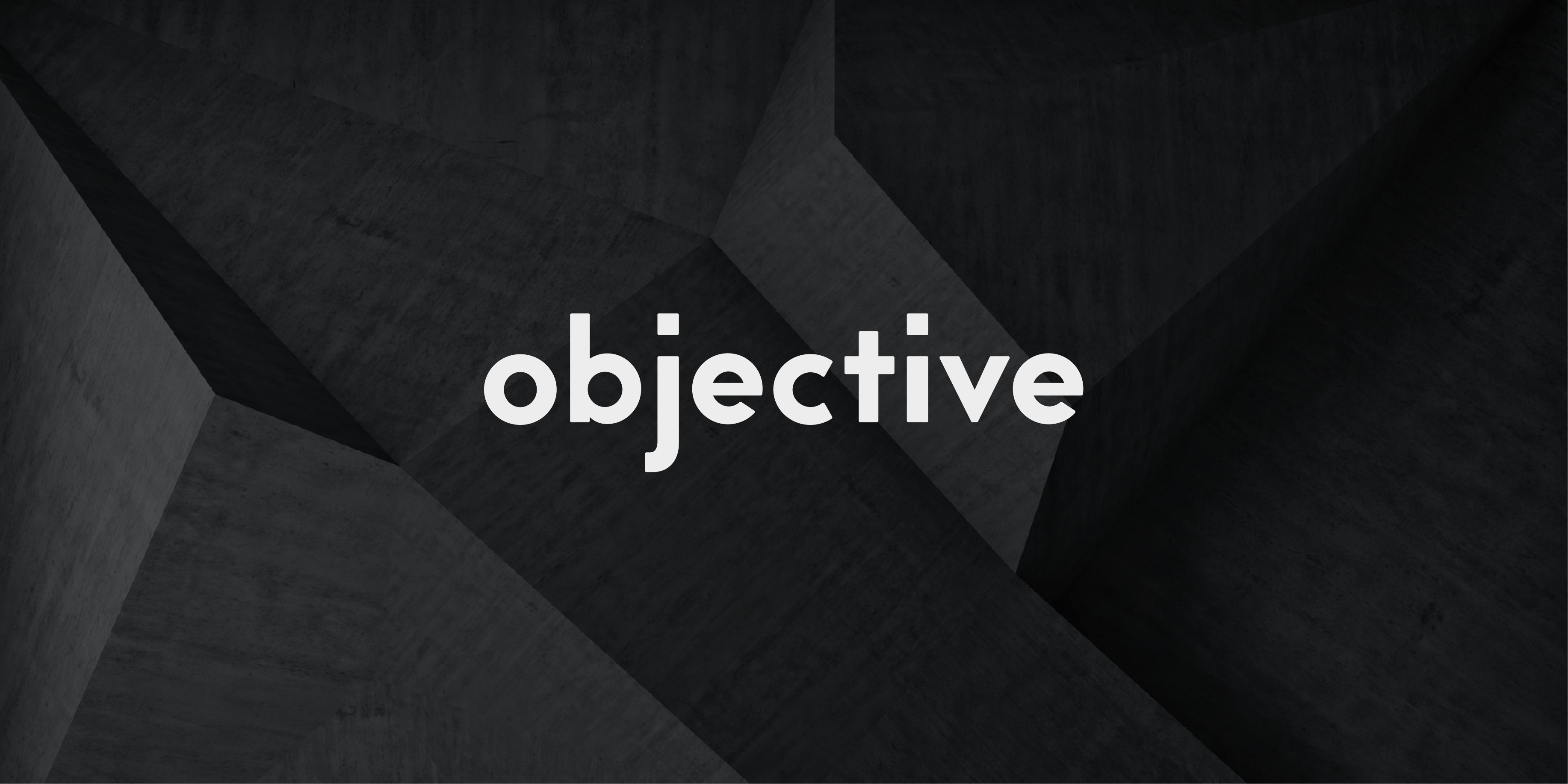Keeping up with technology is a lot of work. Luckily, we enjoy wading through the noise just to find the gems of awesomeness sprinkled throughout. Fusion Radar is our gift to you, Current or Potential Client, so that you can enjoy all of the awesome without any of the drudgery. Unwrap it each week, and know that you’re loved by the geeks and pixel-pushers at Agency Fusion.
Pencil
Put simply, Pencil, by FiftyThree, is a really good-looking stylus. However, it does have a few cool features that most styluses don't; for example, there's an eraser on the opposite side of the stylus (just like, well, a pencil). Pencil's app, Paper, has "palm rejection," so you can use it without worrying about your hand touching your device as you write or draw. It also allows your device to differentiate between Pencil and your finger - so you can use Pencil to draw and your finger to blend, just like you would on paper.
Sovereign
Sovereign is a set of Ansible playbooks that allow users to build and maintain their own personal cloud. It's based on open-source software, and lets you keep your email, calendar, contacts, files, IRC bouncer, VPN, and more all in one place.
Coin
Coin is a device designed to replace all of your credit, debit, and gift cards with a single card that stores all your payment information. It looks and acts like a credit card, but you can store all of your other cards and pay with any of them simply by tapping the button on Coin's surface until you've selected the card you want to use. It also syncs with your phone and notifies you if you ever leave it behind.
The Invisible Bike Helmet
The invisible bike helmet was a master's thesis that eventually grew into a viable business called Hövding. It's difficult to explain how these helmets work, but to put it simply, they're wearable airbags that deploy when they sense a crash happening. We'd definitely recommend checking out their video here, and you can also purchase one of these "helmets" on their site currently.
#Lookup
British Airways recently unveiled a huge video billboard in the middle of Piccadilly Circus - which wouldn't really be worth mentioning except that the billboard also has a built in radar and weather feed that allow it to interact with planes flying overhead. After scanning the plane and matching it to flight schedules, the billboard displays live information like flight number, destination, and details like the current weather at the destination or pricing.
Keen IO
Keen IO is a powerful API that is built to collect and store massive amounts of data from many different sources - including websites, apps, servers, cars, smartwatches, and just about anything else that connects to the internet. The data collected can be anything from signups or upgrades to purchases or errors. And as soon as you've sent the data to Keen IO, it's available for analysis.
DataHero
DataHero is a competitively-priced alternative to services like Chart.io. Subscribers connect their site to DataHero's "Data Decoder," which then helps analyze data and create graphs. Although its list of features is not as robust as its competitors, DataHero is an excellent choice for a moderately-priced data analyzer at only $29 a month.
Boxed
Boxed is an app that's aiming to replace long trips to wholesale warehouse stores with overnight bulk-item delivery. Although they obviously can't deliver perishable food items, they do have a wide selection of household goods (e.g. diapers, toothbrushes, cleaning supplies, shampoo and conditioner, etc.) in addition to non-perishable food. As another incentive to try it out, the app download, Boxed membership, and shipping are all free.
Sketch for iOS 7
A few weeks ago, we talked about a Photoshop alternative called Sketch. Now teehan+lax, creators of the popular Photoshop templates of iOS UIs, has released a Sketch file of GUI elements for iOS 7. The Sketch file is just as comprehensive as the original PSD, and it's free.
Why Facebook is a Bust for Brands
This PandoDaily article does a great job explaining why Facebook pages just aren't profitable for brands. The author, Joseph Pigato, breaks it down into 5 main points, which include: the fact that publishing doesn't equal interaction, brands' inability to tailor messages to individual users, and the fact that any given post only reaches around 16 percent of fans.
